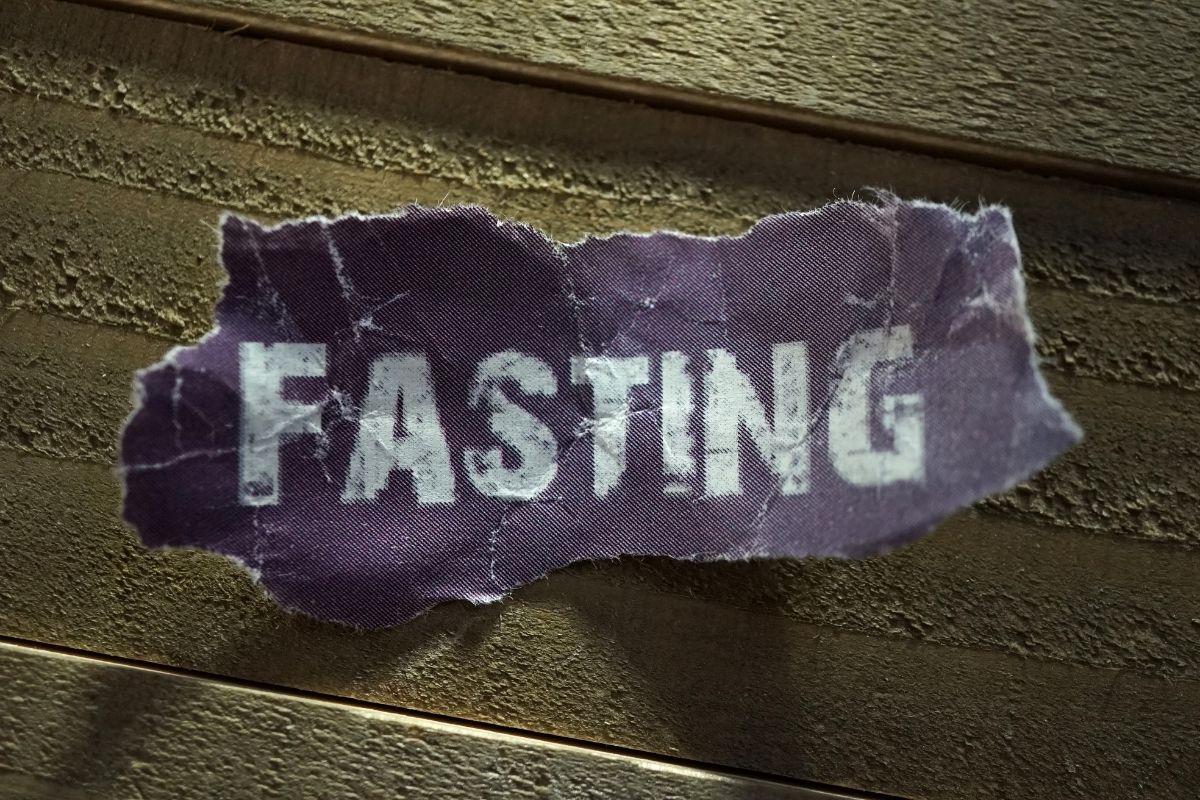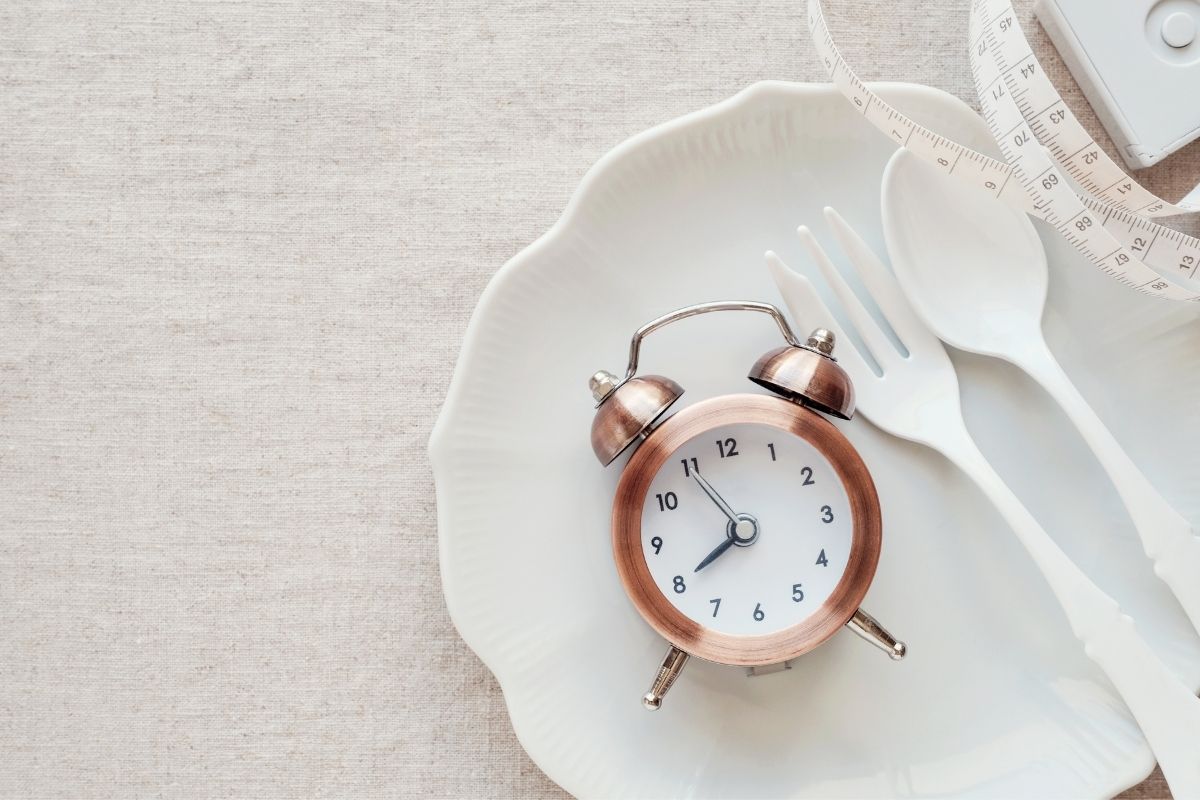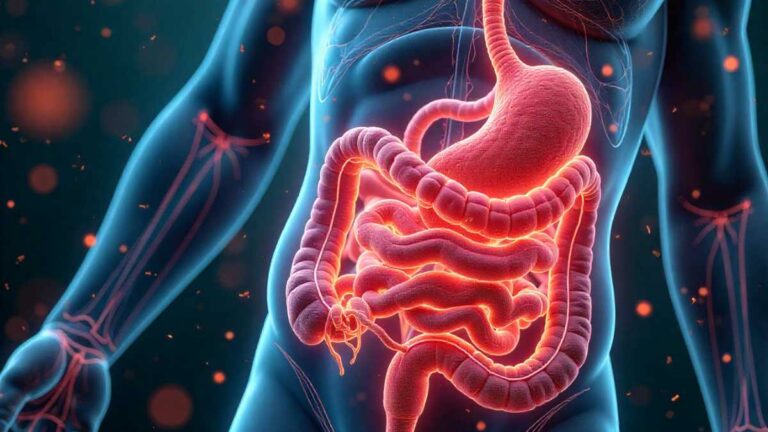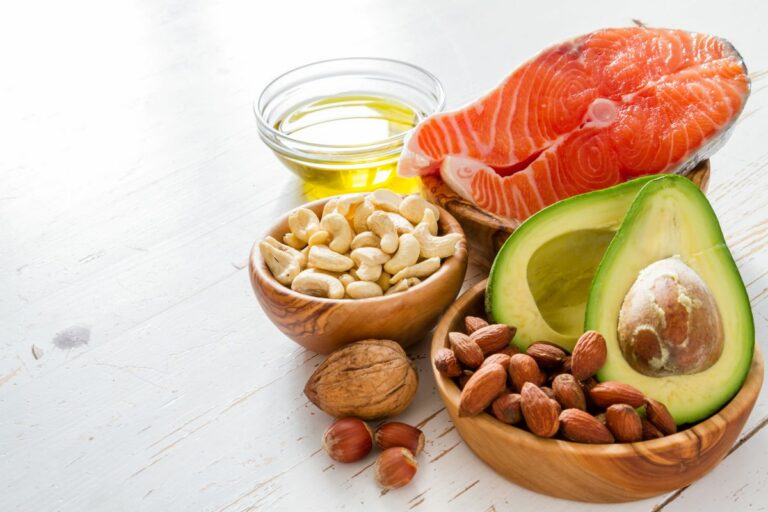What Is Dirty Fasting
Dirty fasting has grown in popularity in recent years, but just what do we mean by this, what are the benefits, and is it right for you? Read on for all you need to know!
What Is Dirty Fasting?
Dirty fasting is a type of intermittent fasting where you eat only once or twice per day.
This type of fasting means you don’t eat anything after 8 pm (or earlier) and then eat again before noon the next day.
The idea behind this is to give your body time to rest and recover from the previous night’s meal.
There are two main types of intermittent fasting: clean and dirty. Clean intermittent fasting involves skipping breakfast and lunch every other day.
In contrast, dirty fasting involves eating only once or twice a day.
There are pros and cons to both methods. For example, some studies suggest that dirty fasting helps burn fat faster than clean fasting.
On the other hand, clean fasting has been shown to improve insulin sensitivity better than dirty fasting.
What Is Intermittent Fasting?
Intermittent fasting (IF) is a type of intermittent nutrition where you only consume food every other day. There are lots of different variations of IF, including:
- Alternate Day Fasting (ADF): Eat all your calories on one day and nothing on another. This is often done during the summer because it’s easier to avoid hunger pangs while working outdoors.
- 16/8 Fast: Eat all your calories on Monday and none on Sunday. Some people do this by skipping breakfast and eating only once per day. Others eat all their calories on Saturday and have nothing on Friday.
- 5:2 Fast: Eat half your calories on five days of the week and 2/3 on two days.
The Benefits Of Dirty Fasting
While there are many different reasons why people choose to fast, here are some of the most common ones:
- Burn Fat Faster – Many people who try out dirty fasting find they can lose weight more quickly than with clean fasting. This may be because dirty fasting gives your body less time to store calories as fat.
- Boost Metabolism – It seems like dirty fasting boosts metabolism, which could help you burn more calories throughout the day.
- Improve Insulin Sensitivity – Some research suggests that dirty fasting improves insulin sensitivity better than clean fasting.
- Protect Against Disease – There is evidence that dirty fasting protects against diabetes, heart disease, cancer, and Alzheimer’s.
- Improve Digestion – Research shows dirty fasting improves digestion.
- Reduce Stress Levels – Studies have found that dirty fasting reduces stress levels.
How Does Dirty Fasting Work?
When you skip meals during dirty fasting, your body doesn’t get much food over the course of 24 hours.
As a result, it starts using stored energy instead of eating new foods. Your body will start to break down muscle tissue and use protein to build up muscles.
This process also releases hormones such as adrenaline and cortisol, which can speed up your metabolism.
Because your body isn’t getting any food at all, your brain sends signals to your stomach to stop producing hunger hormones.
This causes you to feel full and satisfied sooner, so you won’t want to eat as often.
In addition, when you fast, your liver produces ketones, which are used to produce energy. These ketones are released into your bloodstream, and your body uses them as fuel.
Why Should You Try Dirty Fasting?
If you struggle with overeating, dirty fasting might be perfect for you. Here are some of the ways dirty fasting works to help you lose weight:
- It makes you feel fuller longer – When you skip meals, your body doesn‘t release hunger hormones as frequently. This leaves you feeling fuller for longer periods of time.
- It keeps your blood sugar stable – Since you aren’t eating very often, your blood sugar stays steady. This means you won’t experience swings in blood sugar levels.
- You don’t need to count calories – While it’s true that counting calories is an effective way to lose weight, it’s not necessary if you’re trying dirty fasting.
How To Get Started With Dirty Fasting?
To begin with, you should aim to only fast once every few days. Start slowly by skipping breakfast and lunch, and see how you do.
Once you feel comfortable with this, add another snack to your schedule.
Then, you can decide how often you want to fast. Some people choose to fast daily while others prefer to fast weekly. Find what works best for you.

When you first start dirty fasting, you may notice that you have cravings for certain foods. Don’t worry; these will pass.
Your body needs a break from solid food, and it will crave something else.
When you get hungry during your fast, drink water instead of black coffee or tea. This helps keep your blood sugar level steady.
You should also take care to drink plenty of water throughout the day.
Water is essential for keeping you hydrated, and make sure to eat protein-rich foods like eggs, nuts, beans, and yogurt. Protein gives you energy and helps you feel satiated.
Don’t forget to include vegetables in your diet. These provide fiber and nutrients that can fill you up without weighing you down.
When Things Get Tough
If you’re having trouble sticking to your plan, try changing things up. For example, you might switch out your usual morning smoothie for a banana and almond milkshake.
Or, swap your afternoon snack for some fruit and nut butter. You can also try adding a small amount of caffeine to your diet, such as black coffee.
Caffeine increases metabolism and boosts energy levels.
If you’re looking to lose weight, consider switching to a low-calorie version of your favorite foods, or artificial sweeteners in tea and coffee.
A lot of packaged foods contain tons of added sugars and fats, so it makes sense to cut back on them.
You don’t necessarily need to be 100% strict when you’re following a dirty fast. Try eating normally most of the time, then fasting for a few hours at night.
Some people even skip breakfast entirely and go straight to lunch. However, if you’re not used to skipping breakfast, you may experience headaches, fatigue, and irritability.
It takes practice to stick to a dirty fast, but it’s worth it. When you’ve mastered this technique, you’ll never look back!
Research Shows That Dirty Fasting Works Better Than Clean Fasting
There are several studies on dirty fasting that show it works better than clean fasting.
One study compared healthy men who ate three meals per day to those who skipped breakfast and lunch but had two snacks between dinner and bedtime.
The group that didn’t eat breakfast or lunch lost about 5 pounds more than the other group after 12 weeks.
Another study tested whether skipping breakfast would make women gain weight. They gave women either one meal or no meals over the course of six days.
After four months, the women who didn’t eat were heavier than the ones who did.
Things To Remember When Dirty Fasting
To ensure success in your intermittent fasting periods, there are some key things to remember:
- Drink lots of water throughout the day – this may include diet soda, sparkling water, bone broth, or non-caloric beverages such as plain water.
- Eat protein-rich foods like nuts, eggs, and beans
- Include veggies in your diet
- Don’t forget to add a little caffeine to your diet – you can also use zero-calorie sweeteners in place of sugar if needed.
- Make sure to eat enough calories during your fast period – while your calorie intake may be a little lower, you need to ensure that you are reaching the basic recommended calorie level for your sex, age, weight, and height.
- Try to avoid processed food – though these can boost your calorie intake, they are nutritionally poor, and will not leave you with the energy to fast. Instead, opt for caloric foods that are healthy and nutritious.
Always remember that any form of fasting is designed as a tool for weight loss, but it should not take over your whole life or dominate your thoughts.
If you have concerns over your relationship with food, you need to seek help from a medical or nutritional expert before undergoing any type of weight loss.
In this case, another fasting method, such as modified fasting, register a business Bangladesh, may be recommended, or your expert may recommend another type of weight loss.
Explore Also:
Creativehouseblog
Dietsheriff
Gigasecurehome
Ultimately, focusing on eating the right types of food and ingesting the right amounts of calories is important for health, and no diet can work without regular exercise and care for your mental health.
Final Thoughts
Dirty fasting has been shown to work better than clean fasting, and there are many reasons why this is true.
If you struggle with overeating and find yourself constantly snacking throughout the day, best teen therapist in katy, try dirty fasting. It could give you the boost you need to finally reach your goals!





![Data Privacy & Ethics in Gut Microbiome Testing Explored[1]](https://mycleanseplan.com/wp-content/uploads/2025/10/Data_Privacy__Ethics_in_Gut_Microbiome_Testing_Explored1-768x448.jpg)

